When Fabiola Magaña applied to Marquette, she saw herself struggling in ways that her peers were not. Magaña, now a senior in the College of Nursing, is a first-generation college student.
“I went to public school in the south side of Milwaukee, and my mom’s boss is an alumna from Marquette,” Magaña said. “It was because of her that I eventually found the Urban Scholars program. That’s essentially why I came, because my parents didn’t have the money (to pay for college).”
She says she applied to Marquette largely due to the number of scholarships available for low-income students.
Marquette has undergone initiatives to increase the diversity among undergraduate students over the past few years which have helped to increase the number of first-generation students. The number of first-generation students among the undergraduate student body increased from 17% in 2012 to 22% in 2016, according to the Office of Institutional Research and Analysis.
This increase in diversity has not gone without its problems, though. While several organizations exist on campus to aid first-generation students at Marquette, they often face disadvantages both academically and socially that other students may not.
In 2012 — the most recent available data year provided by the Office of Institutional Research and Analysis — Marquette had a four-year graduation rate of just over 57% for first-generation students. This is much lower than the total student population, who had a four-year graduation rate of slightly under 67%.
The university has taken initiatives to help combat low graduation and retention rates among first-generation students. Florie Greenhill is a counselor with the Education Opportunity Program, an academic program designed to help low-income and first-generation students succeed at the collegiate level.
“If a first-generation student needed help finding a tutor, finding internships, finding those resources, all of us are more than willing to help them become more familiar with campus culture,” Greenhill said.
For many potential first-generation students, simply applying to a university is an immense challenge. Jessica Nelson is a senior in the College of Arts & Sciences, and, like Magaña, a first-generation student as well. Both Nelson and Magaña believe they experienced more challenges than many students do when applying to Marquette.
“I knew friends whose parents helped them with applications, and my dad knows nothing about that so it was definitely more challenging in that way,” Nelson said.
“With essays, my mom would always look at the grammar because she’s somewhat okay with that, but then I would always ask someone else to look over it,” Magaña said. “My parents were always there to support me, but I couldn’t ever go to them for help (with college applications) because they didn’t know.”
Nelson says that as a member of a low-income household, attending Marquette was a huge risk for her and her family.
“My parents don’t have an education,” Nelson said. “They don’t have many means to send me to college. I have a lot more debt than most students at Marquette.”
Magaña added that her parents don’t always have a realistic understanding of how difficult college can be.
“When I tell them that I got a B on an exam, they’re like, ‘Well why didn’t you do better?’ I was a 4.0 student in high school, and now that I’m getting Bs, they don’t get that so I don’t get any sympathy,” she said.
Magaña believes the challenges and obstacles many first-generation students face are immense, but at the end of the day, her struggles are worth it, for herself and her family.
“It can be difficult and frustrating, but at the end of the day, I know that I’m succeeding not just for myself, but for them as well,” Magaña said. “They worked so hard for me to get here.”

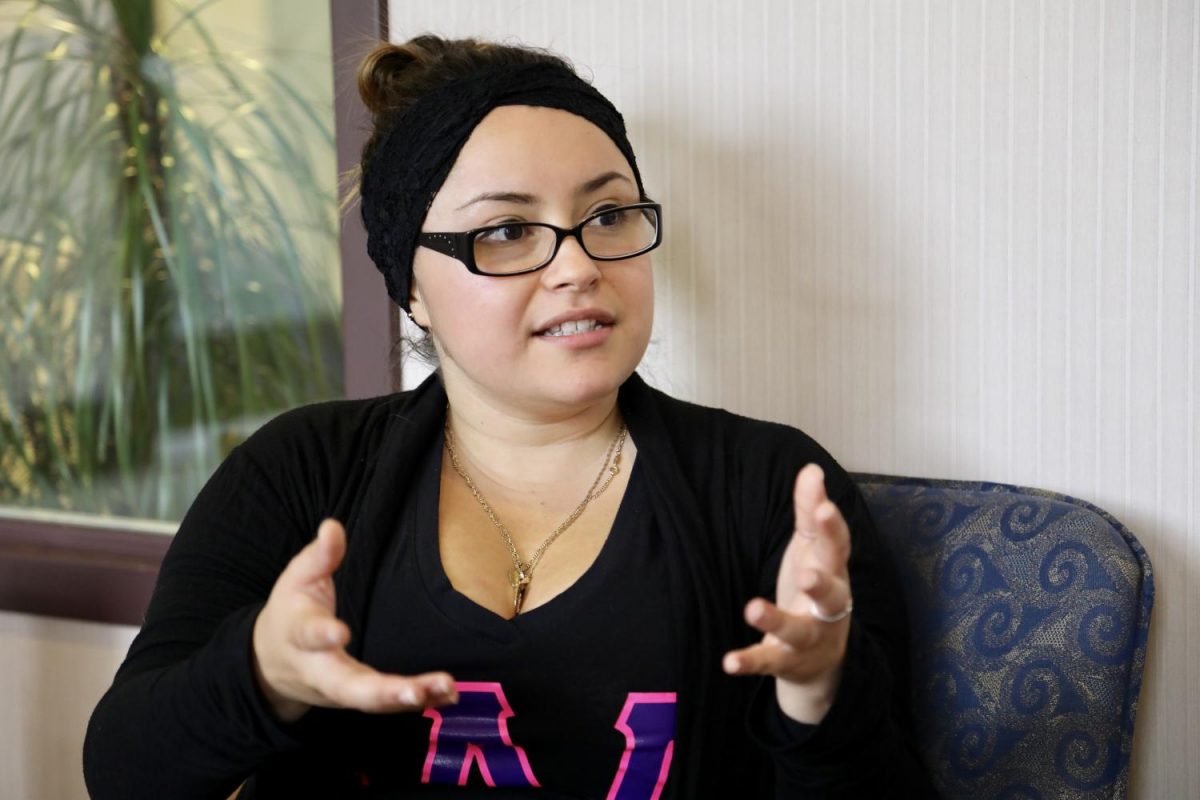

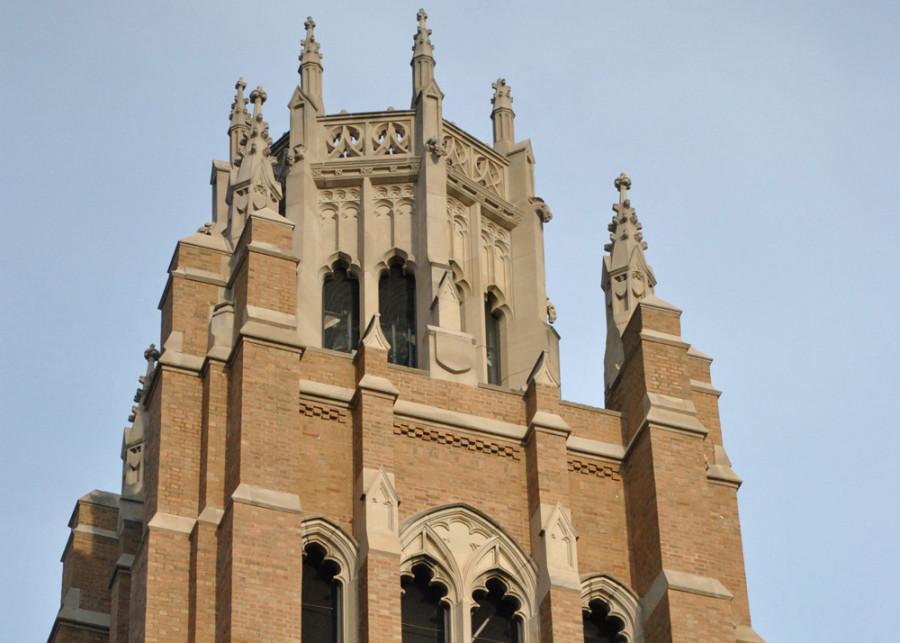
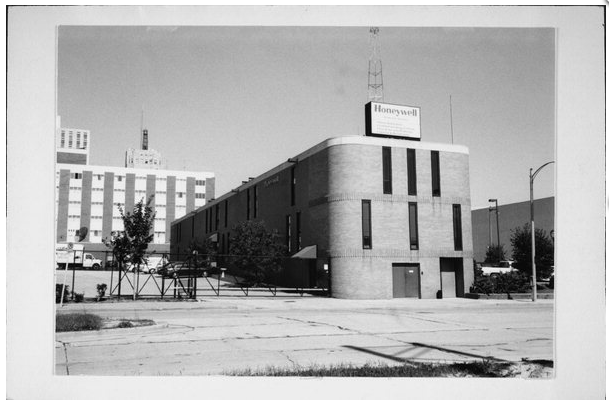


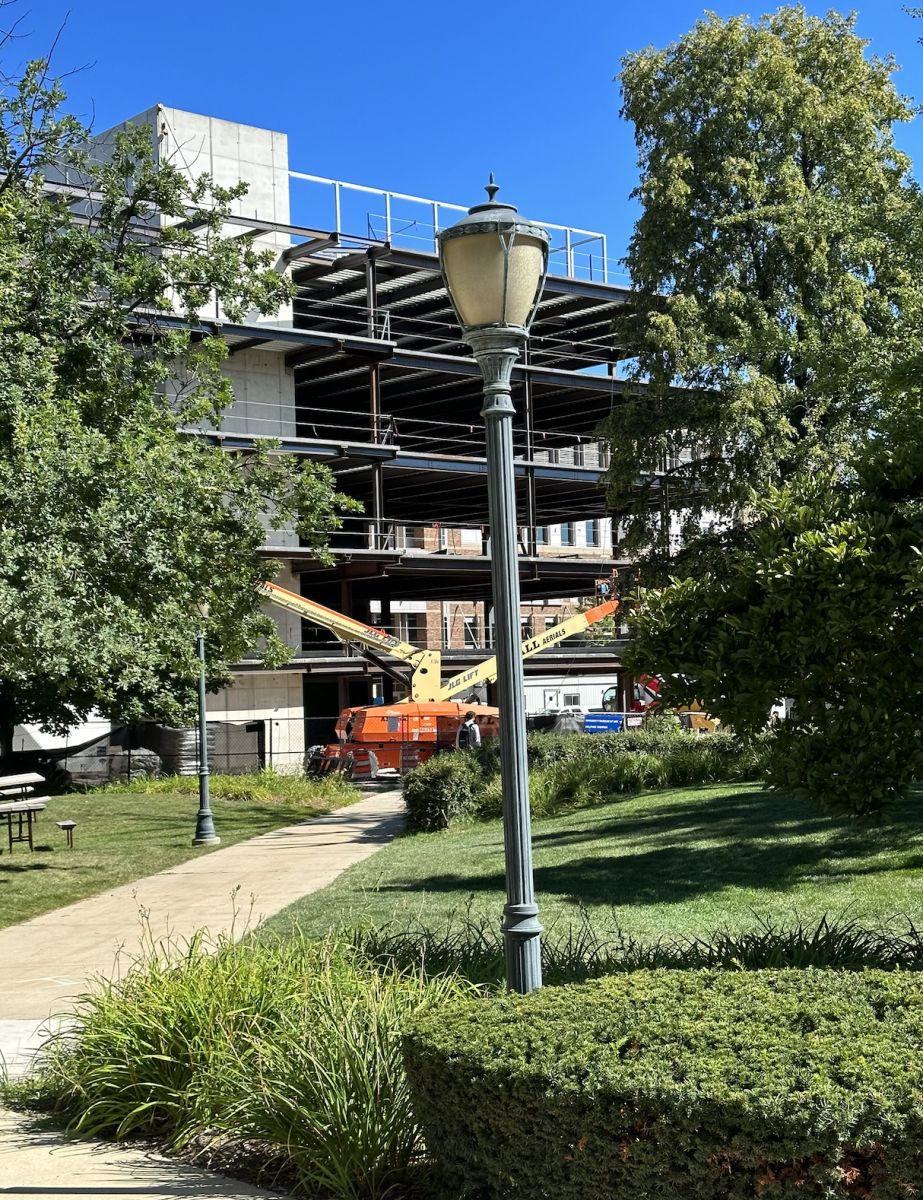


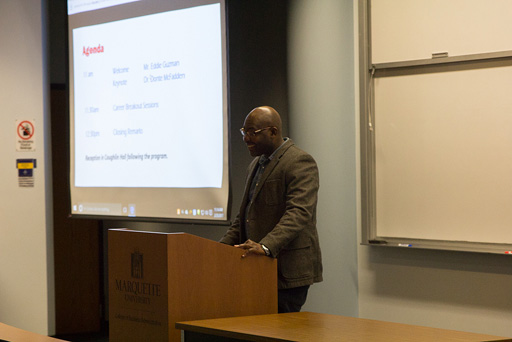
Gloria Gutierrez-Soto • Sep 26, 2017 at 3:04 pm
Thanks for sharing your story!